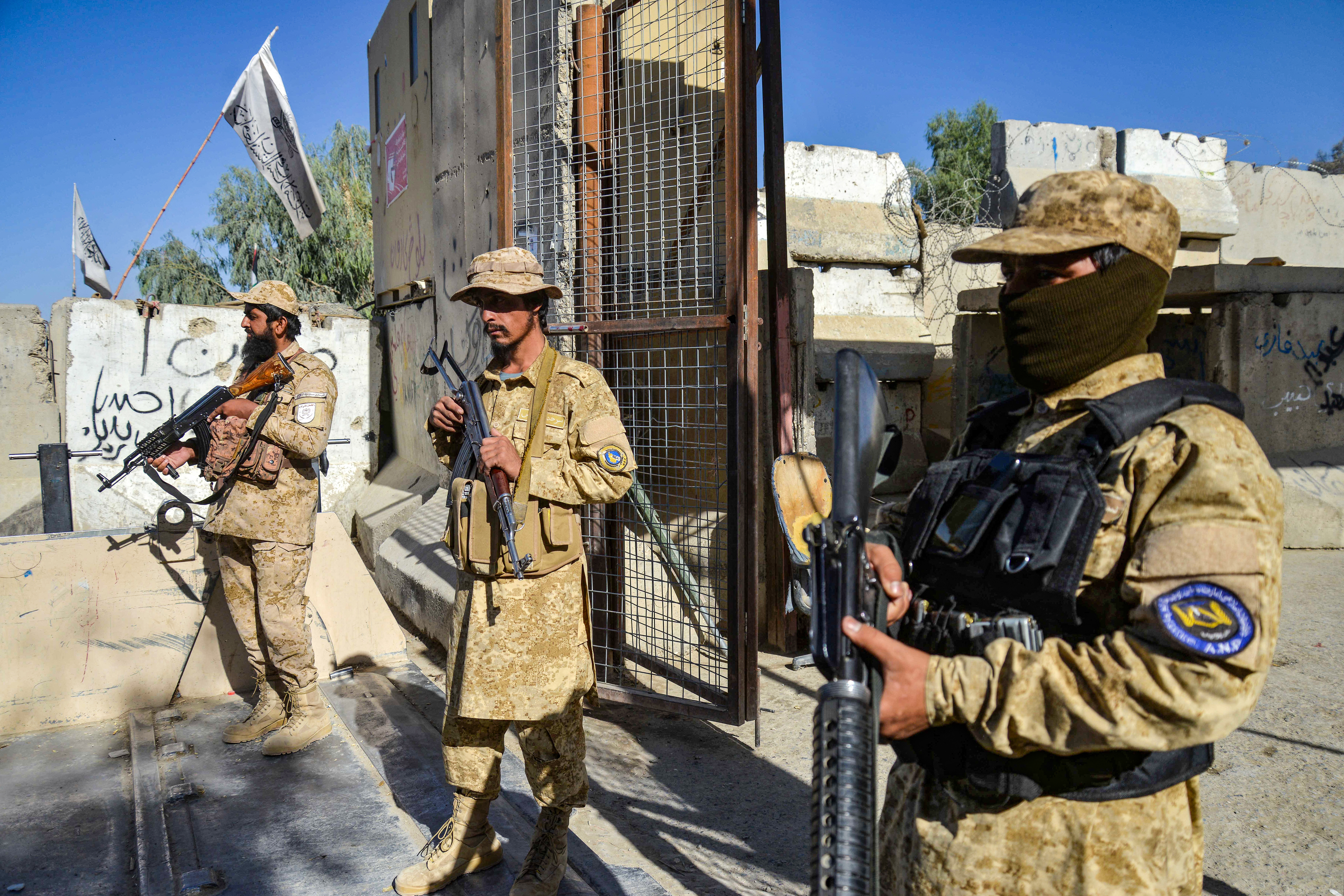PESHAWAR: Trade disruptions at key border crossings are causing daily losses of several million dollars, a top business leader warned, noting that while Pakistani traders are affected, the impact on Afghanistan’s fragile economy is far more devastating.
Bilateral trade between Pakistan and Afghanistan has come to a near standstill following the suspension of the Afghanistan-Pakistan Transit Trade Agreement (APTTA) and the continued closure of key border crossings, triggering a deepening economic and humanitarian crisis in Afghanistan as winter approaches.
For landlocked Afghanistan, the APTTA serves as a crucial economic lifeline, providing access to Pakistan’s seaports at Karachi and Port Qasim, essential gateways for international trade.
It also facilitates regional connectivity through land routes such as the Wagah border with India and the Sost crossing for trade with China. The current shutdown has effectively disrupted these corridors, cutting Afghan businesses off from global markets and halting the flow of vital imports and exports.
At major border points, the situation has turned dire.
Hundreds of trucks remain stranded at Torkham, while others are stuck at the Kharlachi and Ghulam Khan crossings. Many of these vehicles are loaded with perishable items, rice, flour, and fresh produce from Pakistan, now at risk of spoilage.
On the Afghan side, over a thousand containers carrying coal, dried fruits, and other export goods are unable to cross into Pakistan, strangling one of Afghanistan’s few remaining sources of revenue.
“This blockade is causing a daily loss of more than Rs1 billion [$3.54 million],” said Junaid Altaf, president of the Sarhad Chamber of Commerce and Industry (SCCI), in an interview with Pakistan TV Digital.
“From a sewing needle to aeronautical components, everything flows through Pakistan into Afghanistan. There is some loss to Pakistani businesses, but the blow to the Afghan economy is huge,” he added.
The disruption comes at a critical time. The World Food Program (WFP) recently warned that nearly 9.5 million Afghans are facing acute food insecurity, with international funding shortfalls already hampering aid efforts.
The ongoing border closure threatens to worsen food shortages and fuel humanitarian distress in the coming weeks.
Within Pakistan’s business community, there is a growing consensus that the onus lies with Kabul to ensure the security and stability necessary for trade to resume.
“The Sarhad Chamber will ask the Afghan business community to pressure their government to establish peace so trade can be restored,” Altaf said.
Until stability returns, the crucial trade arteries linking Afghanistan to regional markets remain blocked. And with them, a vital economic and humanitarian lifeline for millions of Afghans.
.jpg)


.jpg)

.jpg)

.jpg)
